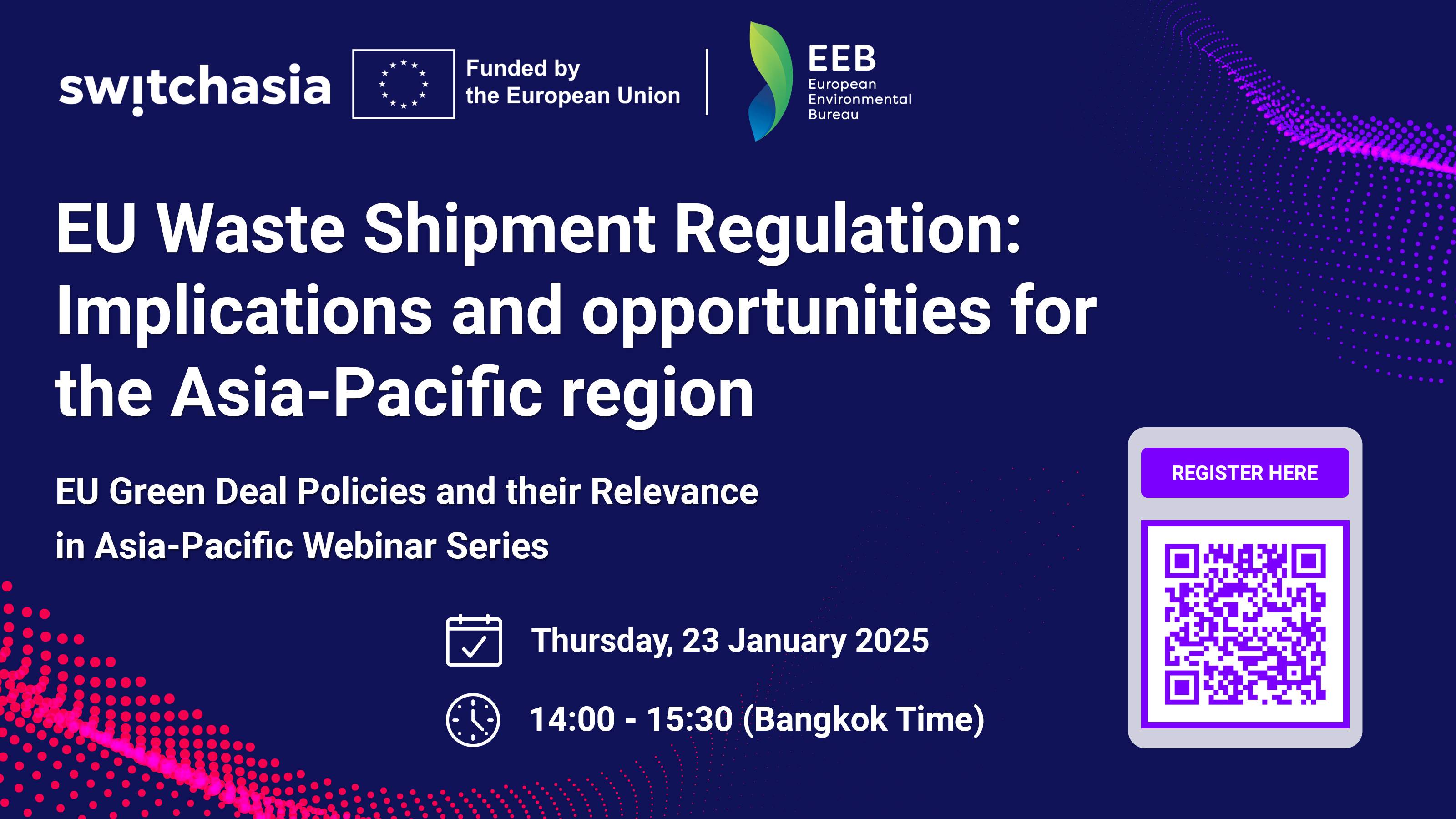
WHEN: 23 January 2025 I TIME: 14:00 - 15:30 (Bangkok Time) I Watch the recording HERE
Background:
EU waste exports increased by 75% since 2004, representing 33 million tons/year, with almost half of all waste exports destined to non-OECD countries. The necessity to better manage waste has thus never been stronger. Although waste exported from the EU may generate economic activities if it is recovered in the importing countries (for example to produce paper, steel or plastics, using waste as feedstock), recovery activities often take place in conditions which are not environmentally sound. Recovery plants themselves may be operating under insufficient standards on air, water, or soil pollution or in the conditions when access to resources required for processing of waste are limited leading to competition with other users of such resources. Pollution due to poor waste treatment is particularly problematic in some Asia-Pacific countries, which already face important challenges in dealing with their domestic waste and are expected to experience the highest growth in waste generation in the future. Some countries have stated that they do not wish to receive EU waste exports, sending a clear signal that waste exports must be better regulated. It is necessary to achieve a more circular economy in the EU and in the Asia Pacific region, where waste is recycled or avoided to a greater extent than today instead of ending up in landfills or being incinerated. The use of waste as secondary raw material or to replace primary materials must be further promoted globally. In this perspective, the EU must also take responsibility to manage a larger share of its own waste right where it is generated.
With the EU Waste Shipment Regulation, the export of plastic waste to non-OECD countries will be prohibited from 21 November 2026 for a period of 2.5 years, after which those countries may start receiving plastic waste subject to the strict rules of the Waste Shipment regulation. The Commission will also monitor waste exports to OECD countries and take action if such exports create environmental problems in the country of destination. In addition, all EU companies that export waste outside the EU will have to ensure that the facilities receiving their waste are subject to an independent audit showing that those facilities manage this waste in an environmentally sound manner. With this measure, the EU aims to prevent environmental degradation and pollution in non-EU countries caused by plastic waste generated in the EU.
Webinar Session:
The EU SWITCH-Asia Policy Support Component and the European Environment Bureau, are convening the webinar, The EU Waste Shipment Regulation: implications and opportunities for the Asia-Pacific region to:
- Present the EU Waste Shipment Regulation
- Understand what is means for the Asia-Pacific region, in particular for the business community
- Present what is expected in the coming years, what opportunities will arise from this new Regulation.
Moderator:
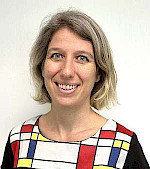 Elodie MARIA-SUBE, Expert on EU policy development and partnership building at the SWITCH-Asia Policy Support Component
Elodie MARIA-SUBE, Expert on EU policy development and partnership building at the SWITCH-Asia Policy Support Component
Elodie is specialized in European Affairs related to topics of circular economy, SCP, climate change and environmental management, and has extensive experience in stakeholder consultation and engagement at the EU level, as well as with high-level officials in Ministries of Environment and Finance in Asia. For over a decade, Elodie has worked in South and South-East Asia on environment and climate change. She is currently leading the SWITCH-Asia Technical Advisory project on Sustainable/ Green Public Procurement for Transformation.
Speakers:
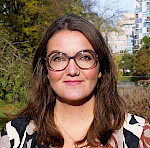 Patrizia HEIDEGGER, Deputy Secretary General of the European Environmental Bureau
Patrizia HEIDEGGER, Deputy Secretary General of the European Environmental Bureau
Patrizia is the EEB’s Deputy Secretary General and Director for European Governance, Sustainability and Global Policies. She leads the EEB’s work on sustainable development and environmental justice and follows intergovernmental processes at regional and global level including the UN Environment Assembly. For UN Environment, she serves as an elected Regional Facilitator for Europe for stakeholder engagement.
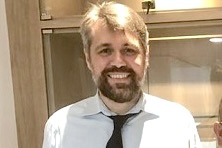 Michael BUCKI, Counsellor for Environment and Agriculture at the EU Delegation to Thailand
Michael BUCKI, Counsellor for Environment and Agriculture at the EU Delegation to Thailand
Mr Bucki holds a PhD, and Engineering degree, from the French National School for Forest and Water Management. His core interest is to find and share pragmatic, collective solutions for global citizens, producers and consumers to adapt to rapidly deteriorating “planetary boundaries”, and more specifically to adapt the EU “Green Deal” strategy of sustainable economic growth to the context and needs of emerging economies, fostering mutually profitable (industrial, agro-ecologic) transitions for affordable sustainability and resilience. Prior to joining the EU Delegation to Thailand, he was Counsellor, Head of Section at the EU Delegation of the European Union to India, where he led dialogue and cooperation between the EU and India on “Sustainable Modernisation”: circular economy, biodiversity, transports, smart cities, clean air and water, energy and climate change.
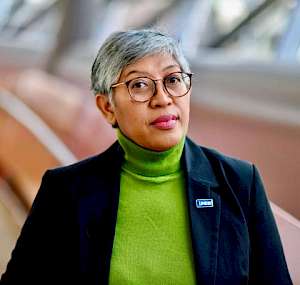 Yuyun ISMAWATI, founder of Nexus 3 and convenor of the Indonesian Zero Waste Alliance (AZWI)
Yuyun ISMAWATI, founder of Nexus 3 and convenor of the Indonesian Zero Waste Alliance (AZWI)
Yuyun Ismawati is in a war against mercury. The campaign arises out of a life-long interest to environmentalism. She graduated from the Bandung Institute of Technology in environmental engineering in 1990. In 2000, she founded an NGO, the Balifokus Foundation, focusing on environmental health issues. For her work on environmentalism, Yuyun was recognized as an Ashoka Fellow in 2002. She was also awarded the Goldman Environmental Prize in 2009.
 Peter LUND-THOMSEN, Professor, Copenhagen Business School
Peter LUND-THOMSEN, Professor, Copenhagen Business School
With an interdisciplinary background in development studies (i.e., North-South relations), environmental management, and labor studies, Peter Lund-Thomsen, Professor, Copenhagen Business School, conducted detailed empirical studies of the formulation, implementation, monitoring and impact of CSR and sustainability policies in global garment, textile, leather, and bamboo value chains linking Europe and South Asia for more than 20 years. This research involves an epistemic commitment to giving voice to marginalized and suppressed stakeholders in South Asia, whose views and concerns are often ignored or sidelined in CSR and sustainability research, policy, and practice in Europe and North America.
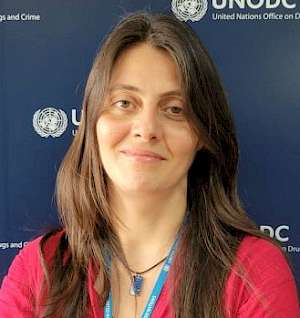 Ioana COTUTIU, Programme Coordinator, Illegal Trade in Waste at UNODC's Regional Office for Southeast Asia and the Pacific
Ioana COTUTIU, Programme Coordinator, Illegal Trade in Waste at UNODC's Regional Office for Southeast Asia and the Pacific
Ioana Cotutiu serves as Programme Coordinator, Illegal Trade in Waste at UNODC's Regional Office for Southeast Asia and the Pacific. She is based in Bangkok, Thailand. Ioana has worked for over two decades in environmental sustainability, research, and policy, working with INGOs, private foundations, and the UN system. She has been based in Southeast Asia for almost ten years, where she has worked on research projects on environmental crimes, ethical supply chains, and human rights, focusing mainly on Asia-Pacific.
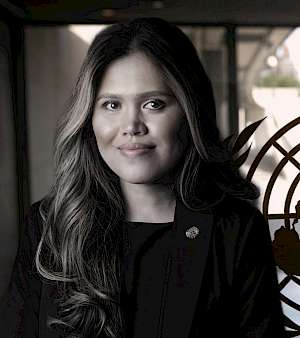 Maria DURLEVA, SMEP Programme Management Officer, Division on International Trade & Commodities (DITC), Trade, Environment, Climate Change and Sustainable Development (TED) Branch, UNCTAD
Maria DURLEVA, SMEP Programme Management Officer, Division on International Trade & Commodities (DITC), Trade, Environment, Climate Change and Sustainable Development (TED) Branch, UNCTAD
Maria is an international development lawyer focusing on the intersection of trade and environment at UN Trade and Development (UNCTAD). As a Programme Management Officer with the Sustainable Manufacturing and Environmental Pollution (SMEP) Programme, implemented by UNCTAD and funded by the UK’s Foreign, Commonwealth & Development Office (FCDO), Maria’s work focuses on advancing circular economy models through capacity-building and fostering evidence-based policy coherence in addressing environmental harms caused by pollution from manufacturing and plastics in developing countries. As part of the core SMEP programme implementation team, Maria leads initiatives that bridge global trade policies with environmental sustainability and promote innovative solutions that empower developing countries to build sustainable trade systems and transform waste into economic opportunities.
Agenda
|
23 January 2025 |
|
|
13:00 |
Introduction to the Webinar
|
|
13:05 |
EU Waste Shipment Regulation
|
|
13:20 |
EU Waste Shipment Regulation: Perspectives in the Asia-Pacific context Moderated by Elodie MARIA-SUBE, Key Expert on EU policy development and partnership building, SWITCH-Asia Policy Support Component
|
|
14:00 |
Q&A |
|
14:25 |
Concluding Remarks and Next Steps
|


